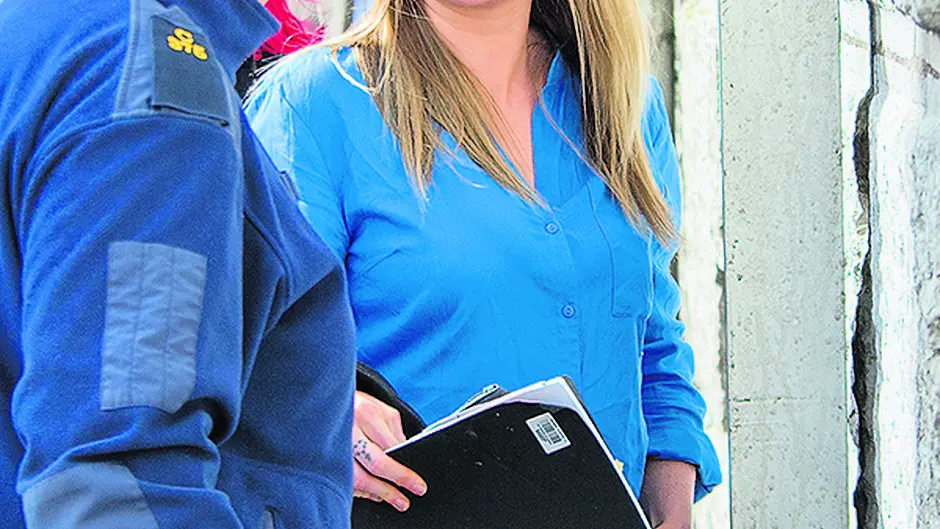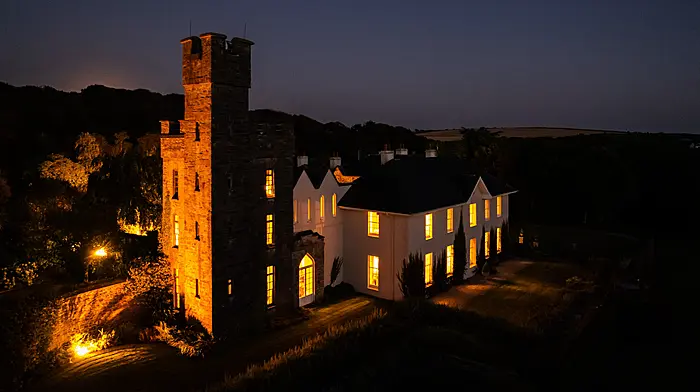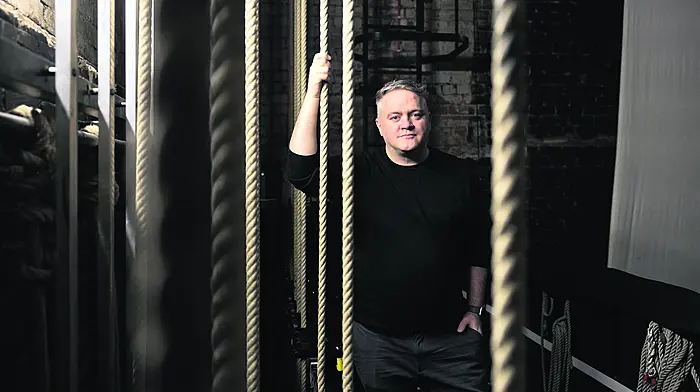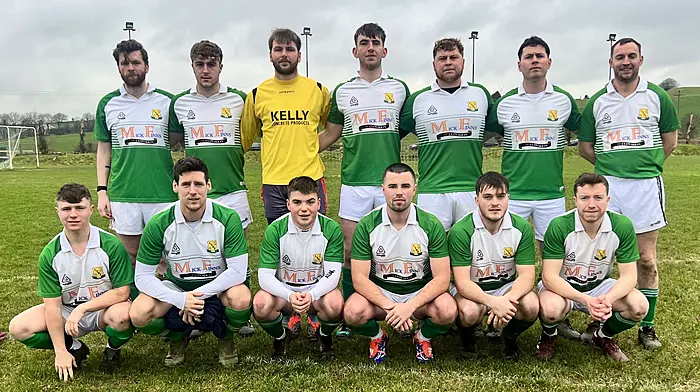A prison sentence of seven years imposed on a ‘Daniel O'Donnell superfan' for her role in a cocaine ‘factory' was simply too high, according to the Court of Appeal, who halved it
A PRISON sentence of seven years imposed on a ‘Daniel O’Donnell superfan’ for her role in a cocaine ‘factory’ was simply too high, according to the Court of Appeal, who halved it.
Molly Sloyan (26), from Kinsale made headlines previously when her reaction to a Daniel O’Donnell impersonator on the Late Late Show went viral.
Last year, she was one of four people who pleaded guilty at Cork Circuit Criminal Court to possession of cocaine for sale or supply at Seascape, Dromleigh, in Bantry, on November 26th, 2017. The value of the high-purity cocaine was estimated to be €70,000.
Sentencing her to 10 years imprisonment with the final three suspended, Judge Seán Ó Donnabháin said the group were involved in a sophisticated system of extracting cocaine from fabric material imported from Brazil. It was in effect, a ‘factory,’ he said.
Sloyan had admitted renting a house on Airbnb, hiring a car and purchasing the chemicals used in the extraction of the cocaine from the fabrics. Judge Ó Donnabháin said she gave significant help to the group and ‘to say she was the girlfriend (of one of the co-accused) does not do justice to the criminality involved.’
She successfully appealed against the severity of her sentence in July, with the Court of Appeal holding that the 10-year headline tariff was ‘simply too high’.
Giving reasons for the court’s decision last week, Mr Justice John Edwards said there was ‘no doubt’ that the offence was serious, in view of the harm caused to society by drug trafficking.
He said Sloyan was not the ‘mastermind’ of the operation, nor was she at the top of the hierarchy, and she was not involved in cocaine extraction.
She was, however, fully aware of what was being undertaken and provided ‘logistical support’ to those involved. Mr Justice Edwards said the sentencing judge was right to highlight the degree of pre-planning involved in the operation. However, the scale of the operation was ‘modest’, he said, compared to other cases to have come before the courts involving millions of euro worth of drugs.
Given the scale of the operation, Mr Justice Edwards said the 10-year headline sentence was ‘excessive’ and should have been seven years. This was reduced by two years to reflect the mitigating factors.
Sloyan had no relevant previous convictions, had pleaded guilty early, had co-operated with the gardaí and a detailed psychological report set out the adversities in her life.
In addition, the Court of Appeal was ‘impressed’ by evidence of Sloyan’s progress towards rehabilitation and suspended the final 18 months.
Mr Justice Edwards, who sat with Mr Justice Patrick McCarthy and Ms Justice Isobel Kennedy, said Sloyan would have to fully co-operate with the probation services for two years.
Counsel for Sloyan, Michael O’Higgins SC, had told the court that the drugs came in fabric cloth which was reduced through use of a solvent and turned into sludge, then powder. But there was no ‘chemical wizardry’ involved and it would be wrong to call it ‘cutting edge’.
Mr O’Higgins said there were four people involved in the operation and Sloyan was ‘on the periphery’. He said the ‘visible’ tasks carried out by her – the renting of the house, the hiring of the car and the purchasing of the chemicals over-the-counter – were usually allocated to the weakest links in the chain and she wasn’t involved in any extraction.
He said Sloyan was the youngest of the group and had an ‘association’ with the ‘main participant’.
The court heard evidence from a case manager with the Department of Justice’s Outlook Programme for the reintegration of offenders into society.
The witness told Mr O’Higgins that the programme only accepts the ‘best of the best’ candidates. Sloyan was deemed to be a suitable candidate following an assessment, according to the witness, and was engaging with its requirements.










